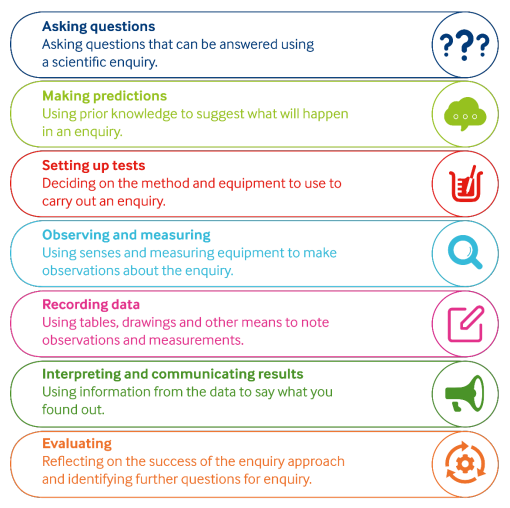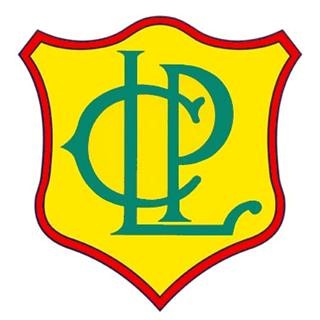Science
Science at Lea
Our Science champions are: Miss Lightfoot and Miss Bradshaw
At Lea we are scientists! We encourage children to be inquisitive throughout their time at the school and beyond so they have a deeper understanding and respect for the world we live in. We want to embrace their sense of wonder about natural phenomena and to guide them into becoming enquiry-based learners.
Our intent for science is to ensure that all children receive an engaging and exciting curriculum that develops scientific knowledge and skills through practical investigations, experimentation and exploration. We aim to foster a love of science through a curriculum that is designed to spark curiosity, inspire questioning and develop the skills needed for children to become knowledgeable citizens and future scientists.
We pride ourselves on providing opportunities for children to acquire a detailed and connected knowledge of the Science curriculum. Pupils benefit from regular opportunities to revisit and build on their knowledge. This allows the children to grow in their understanding; increasing their enthusiasm for the topics whilst embedding this procedural knowledge into the long-term memory. Our curriculum is enriched through whole school science days, STEM topics, dedicated learning of influential scientists, trips and workshops.
Working scientifically is at the heart of our Science curriculum
 Asking questions builds upon our children’s natural curiosity and develops a scientific approach to a problem.
Asking questions builds upon our children’s natural curiosity and develops a scientific approach to a problem.- Setting up tests allows our children to acquire a growing understanding of the nature, processes and methods of scientific ideas
- Observing, measuring and recording data provides opportunities for children to apply mathematical skills
- Encouraging and developing the skills of investigation provides occasions for children to become reflective learners and problem solvers
- Interpreting and sharing results allows learners to showcase their scientific vocabulary and gives opportunities for written or oral presentation of events
- Encouraging evaluation provides time to reflect on processes and raises further areas for enquiry
Implementation
Our implementation of the Science curriculum centres around three key principles: breadth, balance, and progression. Our Science curriculum is carefully sequenced from the Early Years and uses the National Curriculum and Early Years Framework as its starting point. This is supported by the fantastic KAPOW primary scheme, which is divided into seven key areas. These areas are Plants, Animals including humans, Living things and their habitats, Materials, Energy, Forces, Earth and Space and Making connections. Through these areas, the children in our school learn the substantive knowledge of the Scientific Knowledge and Understanding, which is observing, studying and explaining the physical world and they learn the substantive knowledge of Science in Action, which is how science can be used and its impact on our day-to-day lives. This solid understanding allows children to apply their knowledge to procedural knowledge when working scientifically, which is using different methods of scientific enquiry to understand the world around us. Science is taught for at least two hours each week. As part of our extra-curricular offer, Science learning from the classroom is extended to our clubs.
Teachers are equipped with the knowledge of what children have previously been taught and what will be taught in the future. They understand what core knowledge children need to acquire and ensure they teach hinterland knowledge by using stories and examples to frame the core knowledge.
